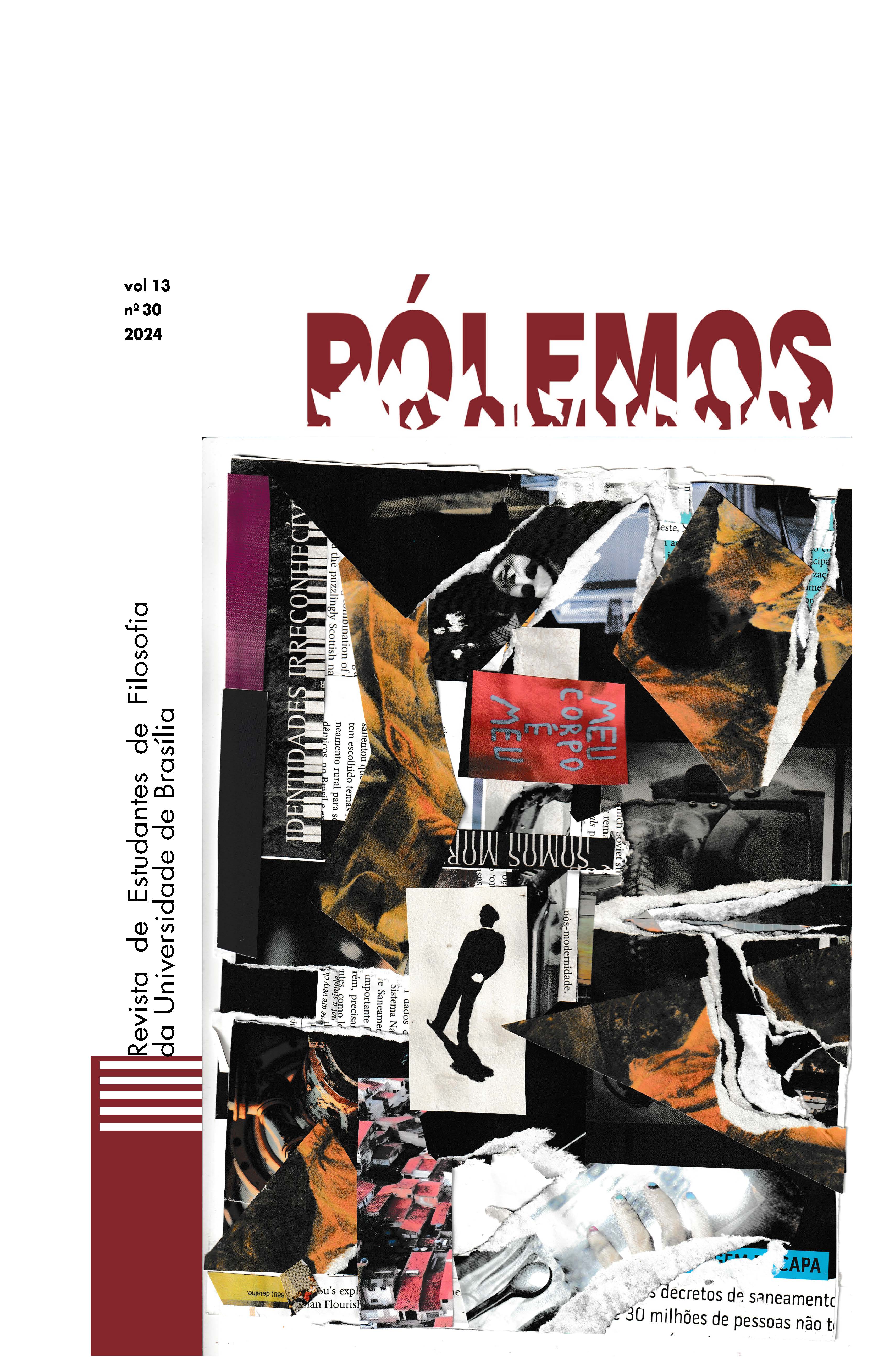PHILOSOPHY OF ARTIFICIAL INTELLIGENCE UNDER THE PRISM OF DIGITAL COLONIALISM
interview with Deivison Faustino
DOI:
https://doi.org/10.26512/pl.v13i30.57913Keywords:
Philosophy of Artificial Inteligence. Digital Colonialism. Deivison Faustino.Abstract
At the current stage of development in the so-called information age, both the objective and subjective foundations we once took for granted are now in question. We are witnessing a moment where jobs are being eliminated and replaced by machines, even as reports of slave labor persist in various parts of the world. On one hand, we have bridged physical distances in cyberspace, where humanity's collective commons appear within reach; on the other, we see the alarming rise of intolerant and totalizing discourses. To analyze the new phenomenon of artificial intelligence is to willingly open Pandora's box and only to find an old acquaintance staring back: colonialism. Progress walks hand in hand with regression, leaving us surrounded by indistinguishable ruins. We are running faster than ever while remaining as exploited as always; consequently, psychological suffering surges in direct proportion to medications and other drugs being peddled as salvation. Since, as Marx famously observed, "all that is solid melts into air," how might we devise alternatives to hack this software programmed to kill us — symbolically or literally? It is from these urgent concerns that Revista Pólemos interviews Professor Deivison Faustino to examine The Philosophy of Artificial Intelligence Through the Lens of Digital Colonialism.
Downloads
References
FAUSTINO, Deivison; LIPPOLD, Walter. Colonialismo digital: por uma crítica hacker-fanoniana. São Paulo: Boitempo, 2023.
Downloads
Published
How to Cite
Issue
Section
License
Copyright (c) 2025 PÓLEMOS – Revista de Estudantes de Filosofia da Universidade de Brasília

This work is licensed under a Creative Commons Attribution-NonCommercial-NoDerivatives 4.0 International License.
Todos os trabalhos que forem aceitos para publicação, após o devido processo avaliativo, serão publicados sob uma licença Creative Commons, na modalidade Attribution-NonCommercial-NoDerivatives 4.0 International Public License (CC BY-NC-ND 4.0). Esta licença permite que qualquer pessoa copie e distribua a obra total e derivadas criadas a partir dela, desde que seja dado crédito (atribuição) ao autor / Ã autora / aos autores / às autoras.


